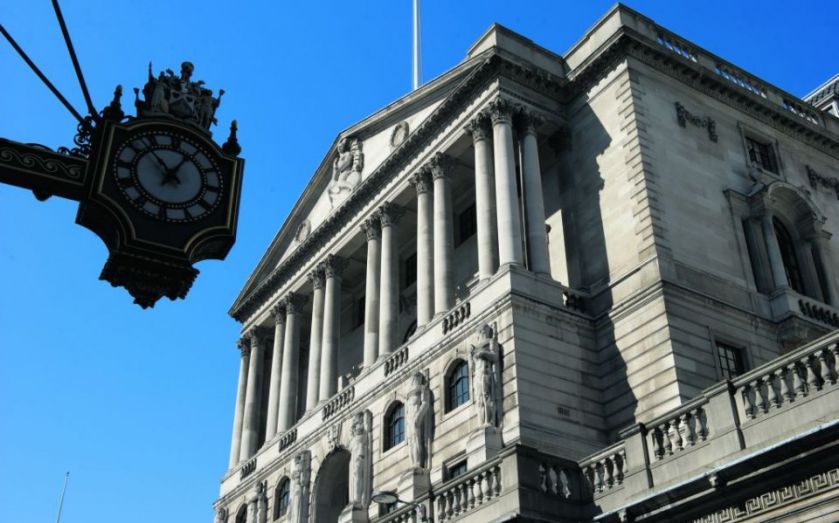Former Barclays chiefs Sir David Walker and Martin Taylor clash in Bank of England ringfence row

A pair of big City beasts clashed yesterday over the incoming ringfence, designed to split retail from investment banking, one of the key structural reforms being introduced after the financial crisis.
To make matters more juicy, they are both former bosses of Barclays.
Sir David Walker, chairman from 2012, in the wake of the Libor crisis, until April this year, came out swinging against the ringfence.
It is a major plank in the reforms proposed by Sir John Vickers in 2011, which until recently were seen as unquestionable by much of the sector and the regulators in it.
Walker argues much has changed since then, and that the ringfence could be very damaging to the sector and the economy. The rules are no longer needed to keeps banks safe, as bigger capital buffers already make them more resilient, he said.
And the costs will be damaging.
“The Treasury has estimated implementation costs to be some £2.5bn with ongoing annual running costs of more than £4bn. It is inevitable that a large part of these extra costs will fall, one way or another, on bank customers,” he wrote in the Telegraph.
“We also now know that no other country is likely to impose such extra costs on banks or customers. There is incredulity in other countries at the prospect that the UK might persevere with a policy that would irrevocably damage its banking system.”
His demand that the regulation be reviewed is in stark contrast to the view of former Barclays chief executive Martin Taylor.
He headed the bank from 1993 to 1998, and is now an external member of the Bank of England’s financial policy committee.
“The increasingly shrill emergence of voices calling for a regulatory softening is both structurally wrong and conjuncturally wrong,” he said last week.
“It remains the ungrateful job of the supervisors to save the banks from themselves.”
Barclays may be hit hardest by the rules, as it is split almost 50-50 between retail and investment banking.
Lloyds has no investment bank, while RBS has shrunk its dramatically, and HSBC is already experienced at operating an enormous number of individual units around the world.
New chairman John McFarlane appears to be taking the more pragmatic approach forced on the bosses of all heavily regulated companies.
In a letter to shareholders when he took up the post, McFarlane said the ringfence is expensive, but necessary.
“We are investing heavily to meet the requirement to restructure our activities so as to be able to operate successfully in the event of a future crisis,” he wrote. “This will involve among other things, the ringfencing of our core UK retail and commercial business.”
It sounds like he knows the regulators are not backing down, and so he needs to press on with the heavy lifting of implementing the ringfence.